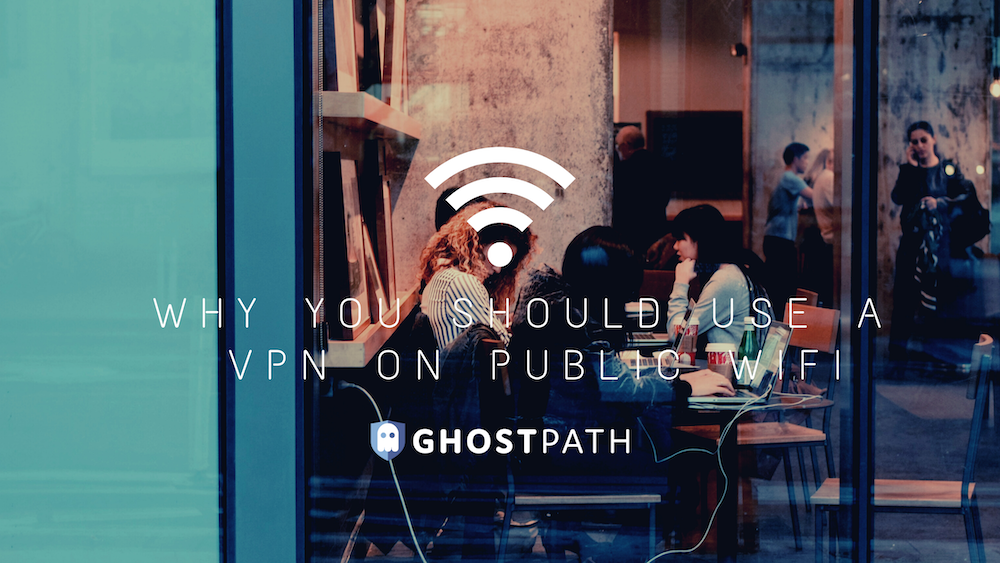 Hackers and scammers capitalize on big events — and the FIFA World Cup is no exception.
Hackers and scammers capitalize on big events — and the FIFA World Cup is no exception.
And, as you would expect, there are a number of scams out there aimed at World Cup fans.
These scammers are hoping that eager soccer enthusiasts will let their guard down enough so that they can get their money, access their data, and steal their identities.
But, being vigilant goes a long way!
Here are some ways these World Cup scam artists try to trick you:
#1 Free Prizes & Tickets
Anytime you get an email promising free World Cup tickets — or free anything — from someone you don’t know, you should be on high alert. One of the more common free ticket scams encourages people to click a downloadable zip file which then unleashes a virus that enables your computer to be taken over by a remote administration tool (RAT). Others ask you to click a link or fill out a questionnaire with your personal information.
#2 News & Highlights Reels
Breaking news and World Cup highlight reels are being used to entice recipients to open malicious attachments and downloads. Again, be on high alert should you receive an email which encourages you to click or download something in order to access info about the cup.
#3 Free Online Streaming
These scams show up not only in your inbox but on social media sites as well. Often these scams will ask you to complete a survey or download & install software. Again, be cautious & use your head! If something sounds too good to be true, it likely is.
(There are ways to safely and securely live stream all the FIFA World Cup action online. Read more about that HERE.)

